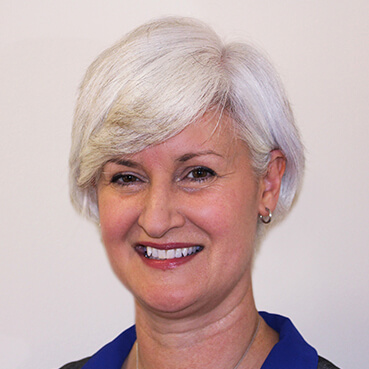28 April 2022
Supporting inclusivity and accessibility in the QAA Subject Benchmark Statements

Author
Dr Andy Smith
Quality and Standards Manager, QAA
Professor Deborah Johnston
Pro Vice-Chancellor (Education) at London South Bank University and a Disabled Students’ Commissioner
Hannah Borkin
Associate, Advance HE
Dr Kate Lister
Associate, Advance HE
Since their first publication over twenty years ago, Subject Benchmark Statements have been essential reference points for the development of courses in a particular subject discipline, as they describe the nature of study and the benchmark academic standards expected of graduates in the subject area.
They provide a picture of what graduates in a particular subject might reasonably be expected to know, do and understand at the end of their course or programme. They are used by course teams in the planning and design of new curriculum and support the revalidation process, as they provide a framework for specifying intended learning outcomes in an academic or vocational discipline. They also play an important role in outlining the contextual information and the operational landscape, and boundaries of, a subject discipline, as well as defining features relevant to teaching, learning and assessment activities for the subject
Since the early days of the Academic Infrastructure and the creation of the Quality Code, Statements have adapted to the demands and requirements of higher education as the sector has gone through significant change and transformation. It became clear that the Statements needed to tackle some of the ‘wicked problems’ that higher education institutions face, especially with regard to issues of diversity, sustainability and accessibility.
To support this process, QAA worked with a number of higher education consultants and stakeholder groups with expertise in these areas, including the Disabled Students Commission. The Disabled Students’ Commission is an independent group, set up in 2020 with a key priority to challenge, inform and advise the higher education sector to accelerate the pace of change regarding support for disabled students, including influencing higher education sector agencies and institutions to remove barriers to learning.
QAA have worked closely with the DSC in exploring in more detail how the Statements can support inclusive learning, and to clarify how the language of the Statements can be utilised to support the needs of disabled students. This partnership saw the DSC review and feedback on the 14 Statements that were published in March 2022, as well as produce a comprehensive Framework for Advisory Groups on Disabled Student Inclusion for future review cycles.
The purpose of the framework is to encourage advisory groups to consider disabled students’ requirements across all aspects of a course, avoiding the need for post-hoc implementation of reasonable adjustments where possible and removing barriers to learning at the course design stage. Asking the question ‘What does an inclusive Subject Benchmark Statement that considers the needs of disabled students look like?’, the framework will support the work of chairs and advisory groups to consider the degree to which subject-specific flexibility is possible in teaching, learning and assessment activities in order to anticipate requirements for disabled students.
Embedding this inclusive and accessible framework into the Statements will support the work being done institutionally and focus a subject centred approach for supporting students to enable potential and nurture student belonging and engagement.
You can view more information on the revised Subject Benchmark Statements, and Statements being reviewed in 2022 on the QAA website.



